In the digital age, coding has emerged as an indispensable skill that shapes the very foundation of our modern world. From smartphones to social media platforms, from artificial intelligence to autonomous vehicles, coding lies at the core of technological innovations that permeate every aspect of our lives.
This brief introduction explores the significance of coding in the digital era, highlighting its role in driving progress, fostering creativity, and empowering individuals to navigate an increasingly tech-driven society.
Table of contents
The Basics of Coding
In today’s digital age, learning to code has become an essential skill for young minds. Introducing kids to coding concepts early on not only nurtures their problem-solving abilities but also encourages creative thinking. Let’s delve into three fundamental coding concepts that will lay the foundation for a future in programming. Basic coding for kids lays the foundation for understanding computer logic and empowers them to create simple programs, sparking their interest in technology and innovation
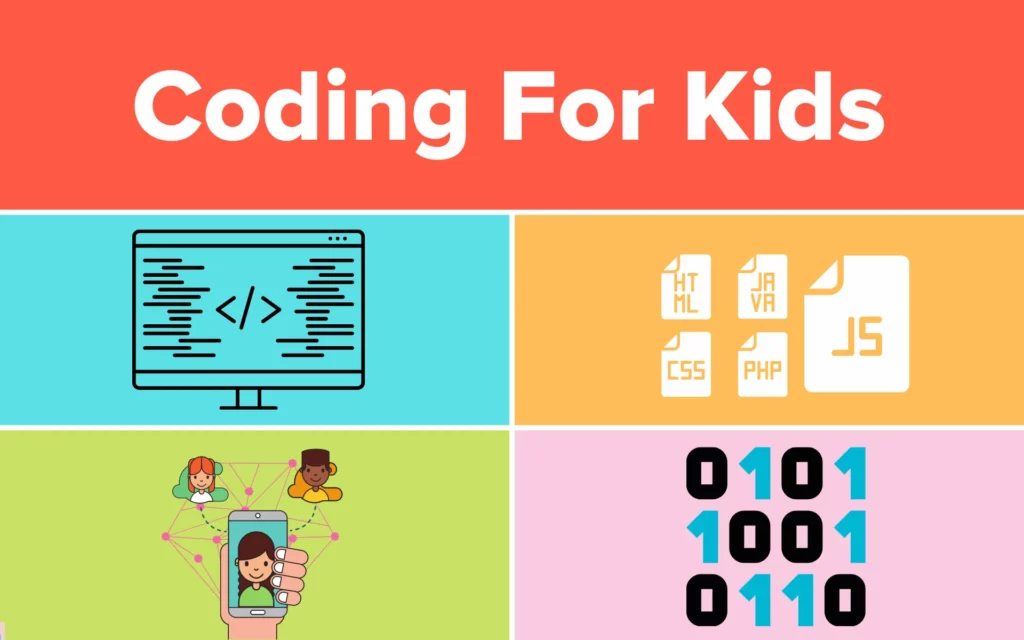
Also check out free coding for kids.
Sequencing and Logic:
Sequencing and logic form the backbone of coding. Just like following a recipe step-by-step to bake a cake, coding involves organizing instructions in a specific order to achieve a desired outcome. For kids, this concept is easily grasped through real-life examples.
Variables and Data Types:
Variables are containers used to store information in programming. Imagine them as labeled boxes holding different items. Data types determine what kind of information can be stored in these boxes, such as numbers, words, or true/false values. Children can relate this concept to their toy boxes, where each box holds specific toys.
Loops and Conditionals:
Loops and conditionals give coding its dynamic nature. Loops are repetitive patterns that allow a set of instructions to be executed multiple times. Kids can compare loops to games or activities they repeat, like jumping rope. Conditionals, on the other hand, enable decision-making in code.
Level 1: Beginner Coding Challenges
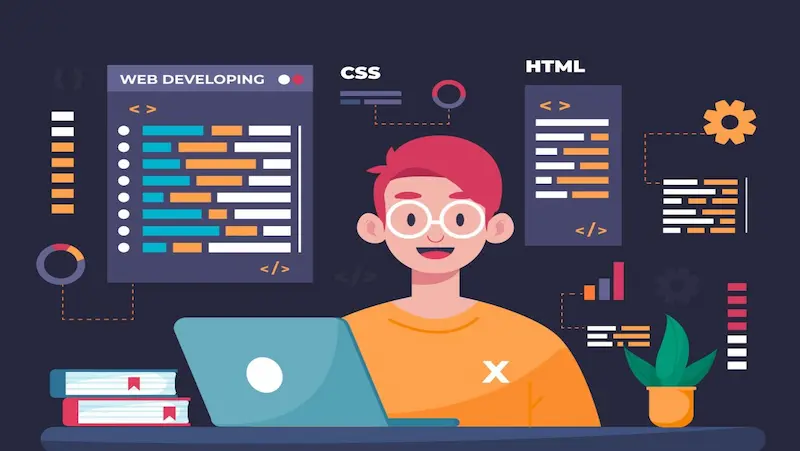
1. Introduction to Coding Challenges
Coding challenges are an essential part of a programmer’s journey. They are like puzzles that developers solve to enhance their problem-solving skills and reinforce their coding abilities. As a beginner, engaging in coding challenges can be both fun and rewarding.
The primary goal of these challenges is to familiarize yourself with programming concepts, syntax, and logic. You’ll learn to break down complex problems into smaller, manageable tasks—a crucial skill in the world of coding.
2. Solving Basic Logic and Sequencing Challenges
Logic and sequencing are the building blocks of coding. In this level of coding challenges, you’ll tackle problems that involve conditional statements (if-else), loops (for, while), and basic arithmetic operations. These challenges will help you grasp fundamental programming concepts and improve your logical thinking.
One typical example of a basic logic challenge might involve determining whether a number is even or odd. Through such exercises, you’ll gain confidence in translating real-world problems into executable code.
3. Building Simple Projects and Games
As you progress in your coding journey, you’ll move beyond standalone challenges and start creating simple projects and games. These projects are often interactive and engaging, motivating you to explore different coding techniques and functionalities.
Projects like creating a basic calculator, a text-based adventure game, or a simple web page will solidify your understanding of programming principles and give you a taste of what you can achieve with your coding skills. Programming for kids opens the door to a world of creativity and problem-solving, while fun coding projects for kids inspire them to build their own games, websites, and interactive stories, nurturing their passion for technology.
Learn more about computer programming for kids.
Level 2: Intermediate Coding Challenges
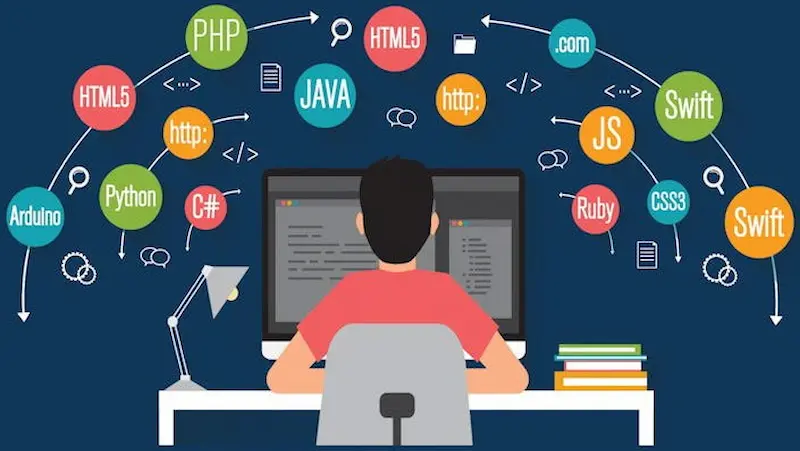
1. Exploring Conditionals and Loops:
Conditionals and loops are fundamental concepts in programming. Conditionals allow you to make decisions in your code, executing different blocks based on specific conditions. Loops, on the other hand, enable you to repeat a set of instructions until a certain condition is met. Understanding these concepts will give you more control over your code’s behavior and make it more efficient.
2. Creating Interactive Animations and Games:
Ready to level up your coding skills and make things more fun? Creating interactive animations and games is a fantastic way to apply what you’ve learned so far. Combining your knowledge of conditionals, loops, and various programming techniques enables you to craft engaging experiences that entertain and challenge users.
Whether it’s building a simple text-based adventure game, a classic arcade game, or an interactive web animation, the possibilities are endless. With each project, you’ll learn more about problem-solving, user interaction, and how to bring your ideas to life.
Also, coding game for kids emphasizes problem-solving skills, where young learners can tackle challenges and develop their logical thinking abilities.
3. Tackling Moderate Coding Challenges:
As you progress to this level, you’ll encounter more complex coding challenges. These problems test your ability to break down large tasks into smaller, manageable steps. You’ll need to leverage your problem-solving skills and apply the concepts you’ve learned to find elegant solutions.
Don’t be intimidated; every challenge you overcome will boost your confidence and expand your coding prowess. Embrace the learning process, and remember that even if you encounter roadblocks, asking for help and seeking guidance from fellow developers can lead you to breakthroughs.
Game-Based Coding Challenges
In the dynamic world of education, where interactive and immersive learning experiences are increasingly valued, game-based coding challenges have emerged as a powerful tool for engaging students and fostering their passion for programming.
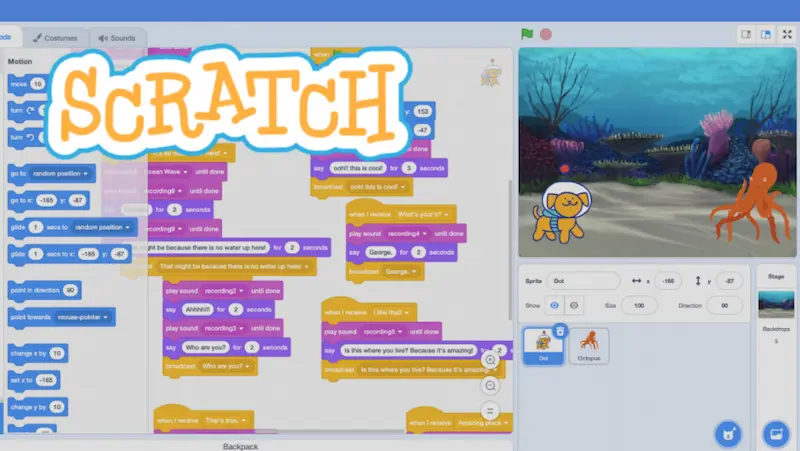
1. Gamifying Learning with Coding Challenges:
Game-based coding challenges take traditional programming exercises and transform them into captivating games. By introducing elements like points, levels, and rewards, these challenges turn the learning process into a thrilling adventure. As kids solve coding problems, they earn points and unlock new levels, fueling their desire to excel and reach new milestones. Coding games for kids, offers a fun and rewarding way to learn programming concepts and unleash creativity.
2. Engaging in Coding Challenges through Games:
Unlike conventional coding lessons that may seem monotonous, game-based coding challenges create an engaging and enjoyable environment for learning. Children are no longer passive learners but active participants, eagerly solving puzzles and writing code to overcome in-game obstacles.
3. Multiplayer Coding Competitions for Kids:
Incorporating multiplayer functionality takes game-based coding challenges to the next level. Kids can team up with friends or compete against other players, fostering a sense of camaraderie and healthy competition. These multiplayer coding competitions not only sharpen their technical skills but also cultivate teamwork and collaboration.
Coding Challenges in Education
In today’s rapidly evolving world, it’s essential to equip students with the skills and mindset needed to thrive in a technology-driven society. One powerful tool that has gained immense popularity is coding challenges.
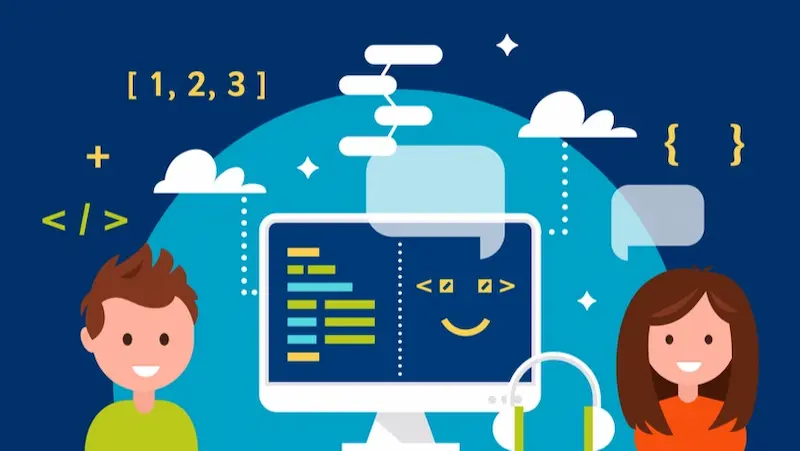
1. Incorporating Coding Challenges in School Curricula:
Integrating coding challenges into school curricula can revolutionize the way students approach learning. By introducing coding early on, schools can ignite interest in computer science and promote a growth mindset.
2. Coding Clubs and Extracurricular Activities:
To complement formal education, coding clubs, and extracurricular activities play a pivotal role. These clubs provide a supportive and inspiring environment where students can explore coding independently.
3. The Impact of Coding Challenges on Academic Success:
Research has shown that students engaged in coding challenges perform better academically. The analytical skills developed through coding translate to improved problem-solving in various subjects.
Elevate your child’s coding journey with CodeCHAMPS and our exciting coding challenges. Our platform provides an immersive learning environment where kids can tackle real-world coding problems, fostering critical thinking and creativity.
Tips for Success in Coding Challenges
Coding challenges are a crucial aspect of a programmer’s journey, whether you are a beginner or an experienced developer. These challenges help enhance your problem-solving skills, boost your coding efficiency, and prepare you for real-world projects. In this blog, we will explore three essential tips to excel in coding challenges and elevate your coding prowess.
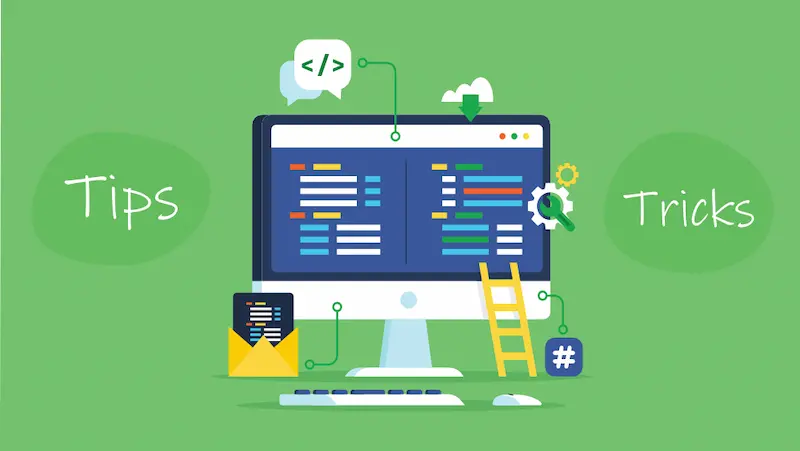
1. Breaking Down Coding Challenges into Smaller Tasks:
Read the Problem Carefully: Take the time to thoroughly understand the coding challenge before jumping into coding. Identify the input, output, constraints, and specific requirements to devise an effective plan.
Divide and Conquer: Once you understand the challenge, break it down into smaller, manageable tasks. Tackle each task step by step, implementing incremental improvements and testing at every stage.
Pseudocode and Flowcharts: Write pseudocode or draw flowcharts to outline your solution. This visual representation will help you visualize the problem and organize your thoughts.
2. Debugging and Troubleshooting Strategies:
Use Debugging Tools: Familiarize yourself with debugging tools provided by your programming environment. Debuggers can help identify logical errors and track variables’ values during runtime.
Rubber Duck Debugging: Explaining your code to an inanimate object (like a rubber duck) or a colleague can be surprisingly effective in identifying bugs. This process forces you to articulate your thoughts and often leads to “aha” moments.
Test Incrementally: Test your code after completing each smaller task. By doing so, you can catch potential errors early, making it easier to trace their source.
3. Embracing a Growth Mindset in Coding:
Embrace Challenges: Coding challenges might be difficult, but view them as opportunities to learn and grow. Embrace the challenge rather than feeling intimidated.
Learn from Failures: Mistakes and failures are a natural part of the coding process. Instead of getting discouraged, analyze your mistakes and understand how to improve for future challenges. Through educational games for kids, they can learn valuable lessons from failure, developing perseverance and problem-solving abilities.
Continuous Learning: Stay updated with the latest programming techniques, languages, and best practices. Participate in coding communities, read blogs, and follow tutorials to expand your knowledge continuously.
Conclusion
In conclusion, “Empowering Kids through Coding Challenges” offers a transformative approach to fostering creativity, problem-solving skills, and technological proficiency among children.
By engaging young minds in fun and challenging coding activities, we pave the way for a future generation of innovative thinkers and skilled individuals. Through these endeavors, we can inspire kids to embrace technology, explore its limitless possibilities, and become active contributors to a rapidly evolving digital world.
Let us continue to support and promote such initiatives, ensuring that every child has the opportunity to unlock their full potential through the power of coding. Together, we can shape a brighter future for our children and the world they will inherit. Learn about coding classes for kids also.
BrightChamps also offers programs like financial literacy for kids, including an interactive bank game designed to teach children about money management and financial skills in a fun and engaging way. Check banking game for kids.
Unlock a world of possibilities with BrightChamps, your partner in fostering holistic growth and education for children. From interactive resources to engaging activities, we provide a comprehensive platform that nurtures creativity, critical thinking, and character development. Join us in shaping the leaders of tomorrow, where learning becomes a joyful journey of exploration and empowerment.
Visit the BrightChamps blog page for more informative articles, resources, and tips on education, child development, and learning.
Frequently Asked Questions
A1. Coding challenges help kids develop problem-solving skills, boost logical thinking, and encourage creativity and innovation. They also promote teamwork and collaboration while nurturing computational skills.
A2. Coding challenges are often designed for children aged 7 and above, but specific platforms may offer challenges for younger kids too.
A3. Scratch, Blockly, Python, and Swift are commonly used languages/platforms for kids’ coding challenges.
A4. Coding challenges present real-world problems, teaching kids to break them down into smaller parts and develop step-by-step solutions.
A5. Yes, many online platforms like Code.org, Tynker, and Scratch offer coding challenges tailored for kids.
A6. Absolutely, coding challenges require kids to think logically and develop computational skills while coding their solutions.
A7. Beginners may start with block-based coding challenges, while more advanced young coders can tackle text-based programming tasks.
A8. Parents and educators can encourage kids by providing access to coding tools, offering guidance, and celebrating their accomplishments.
A9. Yes, there are coding competitions and events like “Scratch Day” or “Code-a-Thons” that cater to kids and their coding abilities.
A10. Coding challenges encourage kids to come up with unique solutions to problems, fostering creativity and innovative thinking.

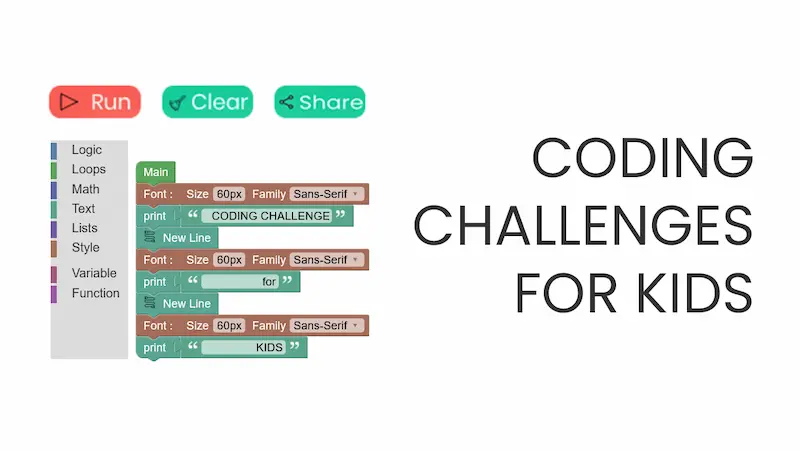
 We are an army of educators and passionate learners from BrightChamps family, committed to providing free learning resources to kids, parents & students.
We are an army of educators and passionate learners from BrightChamps family, committed to providing free learning resources to kids, parents & students.







